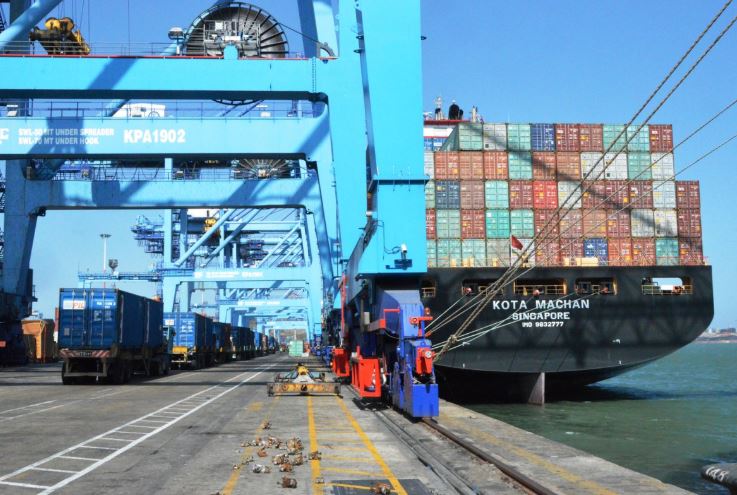Uganda faces challenges in its global trade with Europe as maritime operators suspend shipments amidst Houthi rebel attacks in the Red Sea. This situation poses a risk to cargo sent by Uganda to Europe and nearby regions, causing disruptions in global trade.
Industry experts predict a potential increase in imported inflation due to ship congestion caused by halted movements through the Red Sea. Approximately 10 percent of the world’s goods pass through this vital trade route, impacting shipping lines and increasing costs for traders using alternative ports.
Carrying automobiles for the East African market, many ships have been redirected to a longer route, adding extra miles and raising transportation costs. Large shipping companies rerouting ships from the Red Sea to the Cape of Good Hope contribute to increased cargo costs.
The Red Sea attacks primarily affect Uganda’s trade with Europe, impacting imports such as cars, machinery, pharmaceuticals, and agricultural products. The Shippers Council for Eastern Africa anticipates delays in cargo bound for the region’s ports, affecting both exports and imports.
Bank of Uganda data reveals the significance of Uganda’s trade with Europe, with the country exporting goods valued at Shs734.7 billion in exchange for an average of Shs671 billion in imports from the European Union each quarter.
Experts anticipate premiums on imported cargo for approximately three to four months, citing congestion of ships due to new and old orders. Despite adjustments in oil prices, disruptions in the supply chain are expected.
The Red Sea, a crucial shipping route, is affected by attacks targeting ships passing through. Yemeni rebels claim responsibility, citing support for Hamas. An alternative, longer route around the Cape of Good Hope, increases transportation costs and raises concerns about disruptions in the Suez Canal.
Fears of supply disruptions through the Suez Canal prompt increased prices to offset transportation costs. Ugandan economists note that gold exports, transported by air, remain unaffected, but concerns persist about potential escalation beyond the Red Sea.
Following a drone attack on a merchant vessel, India deploys warships, emphasizing the need for global intervention against Yemeni rebels. Uganda’s imports, particularly petroleum products, are expected to face delays and increased costs.
The US launches Operation Prosperity Guardian, an international naval operation, to protect ships avoiding the Red Sea route. Maersk announces plans to resume transit but acknowledges ongoing risks in the area.
Major shipping companies, including Mediterranean Shipping Company, CMA CGM, and Hapag-Lloyd, avoid the Red Sea route due to heightened attack risks. The threat echoes past maritime piracy challenges in the western Indian Ocean, neutralized by an EU-led naval operation against Somali pirates a decade ago.




















